“We’ll come back,” said Papa.
“I know,” said Anna… “But it won’t be the same – we won’t belong. Do you think we’ll ever really belong anywhere?”
“I suppose not,” said Papa. “Not the way people belong who have lived in one place all their lives. But we’ll belong a little in lots of places, and I think that may be just as good.”
Judith Kerr talks about the idea of displacement (and many other socio-politically charged sensitive themes) in her hugely acclaimed and tenderly self-reflective series of books ‘When Hitler Stole Pink Rabbit’.
Born on 14th June 1923, Kerr grew up in Germany amidst the rising Nazi wave. Having written and illustrated books all throughout her almost century-long life, Judith Kerr left behind a treasure mine of stories that have been passed on from one generation to the next. These stories helped kids at various different junctures of the past century to widen their worldview, and help them understand and make sense of the world they live in.
Early years of Kerr’s life hugely influenced her, vivid imprints of which can be seen on a recurring basis all across her body of work, may it be the theme of displacement or the act of seeking identity, and incorporating a certain time of the past charged with extreme socio-political turmoil.
‘The tiger who came to tea’, ‘When Hitler stole pink rabbit’, and ‘The Mog series’ constitute her most widely read work. Other books in her long list of bibliography include the likes of ‘My Henry’, ‘One night in the zoo’, ‘The crocodile under the bed’, ‘Mister Cleghorn’s seal’, ‘When Willy went to the wedding’, ‘How Mrs Monkey missed the ark’, ‘The great granny gang’, ‘The other goose’, ‘Katinka’s Tail’, ‘Mummy time’, and many more.
How important is it for kids to read, experience, absorb and appreciate a varied range of emotions? The world we inhabit is a complex place, and making kids aware of those complexities and nuances while maintaining a certain positive and a childishly innocent perspective intact is top tier skillset. These readers will eventually witness and appreciate humanity better. And their belief in the larger idea of niceness and goodness will strengthen manifolds.
“There are Jews scattered all over the world,” he said, “and the Nazis are telling terrible lies about them. So it’s very important for people like us to prove them wrong.” “How can we?” asked Max. “By being better than other people,” said Papa.
Kerr’s books have a strong sense of hope and optimism despite the complex themes. She wrote in a way which was both thought provoking yet simplistic in its outlook.
Her body of work is in a way also a tiny bit of Holocaust education for kids of young age. Merely introducing them with these unforgettable parts of recent history in a way that might engage, inform, educate and entertain them, goes a long way in building a generation filled with people who believe in and contribute to the larger idea of humanity. And eventually these young readers will go on to become better and kinder thinkers filled with empathy and love.
“I don’t really mind where we are,” she said – “as long as we’re all together.”
Emotions echoed. We’re all together!
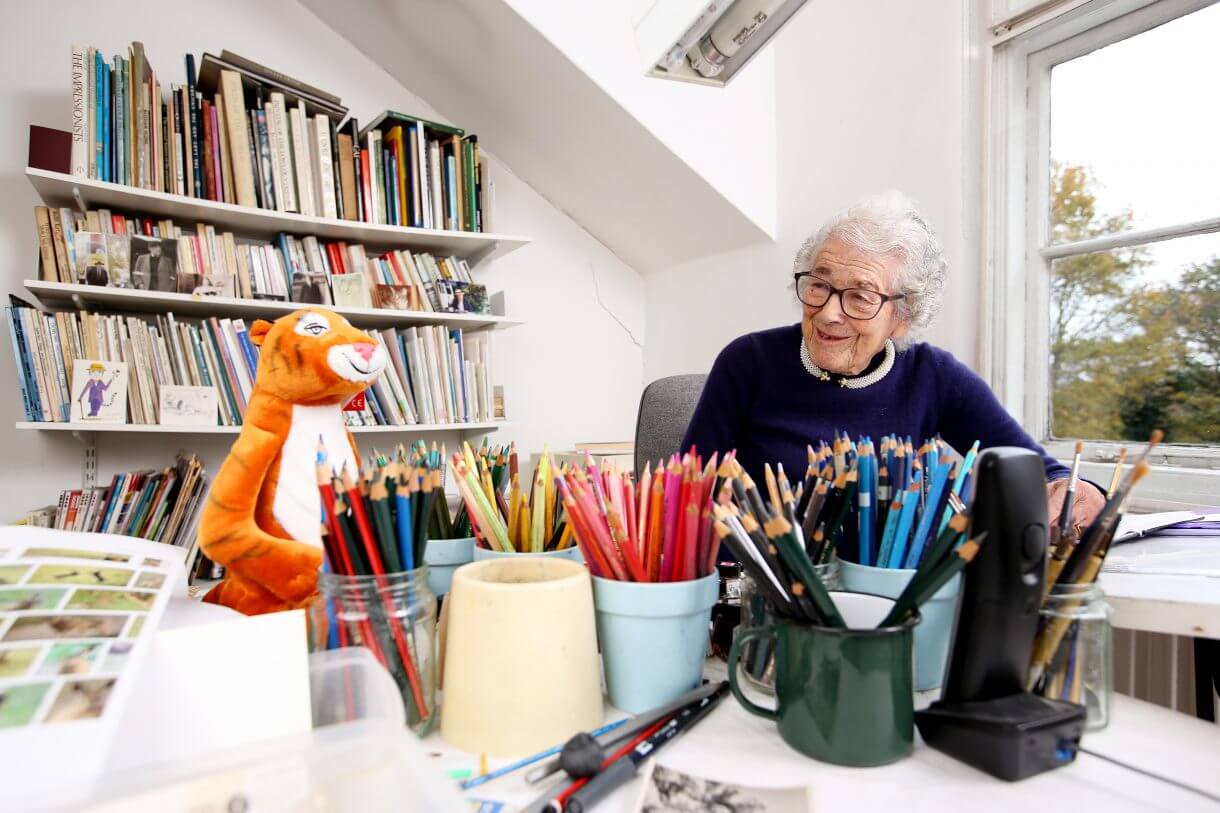
)
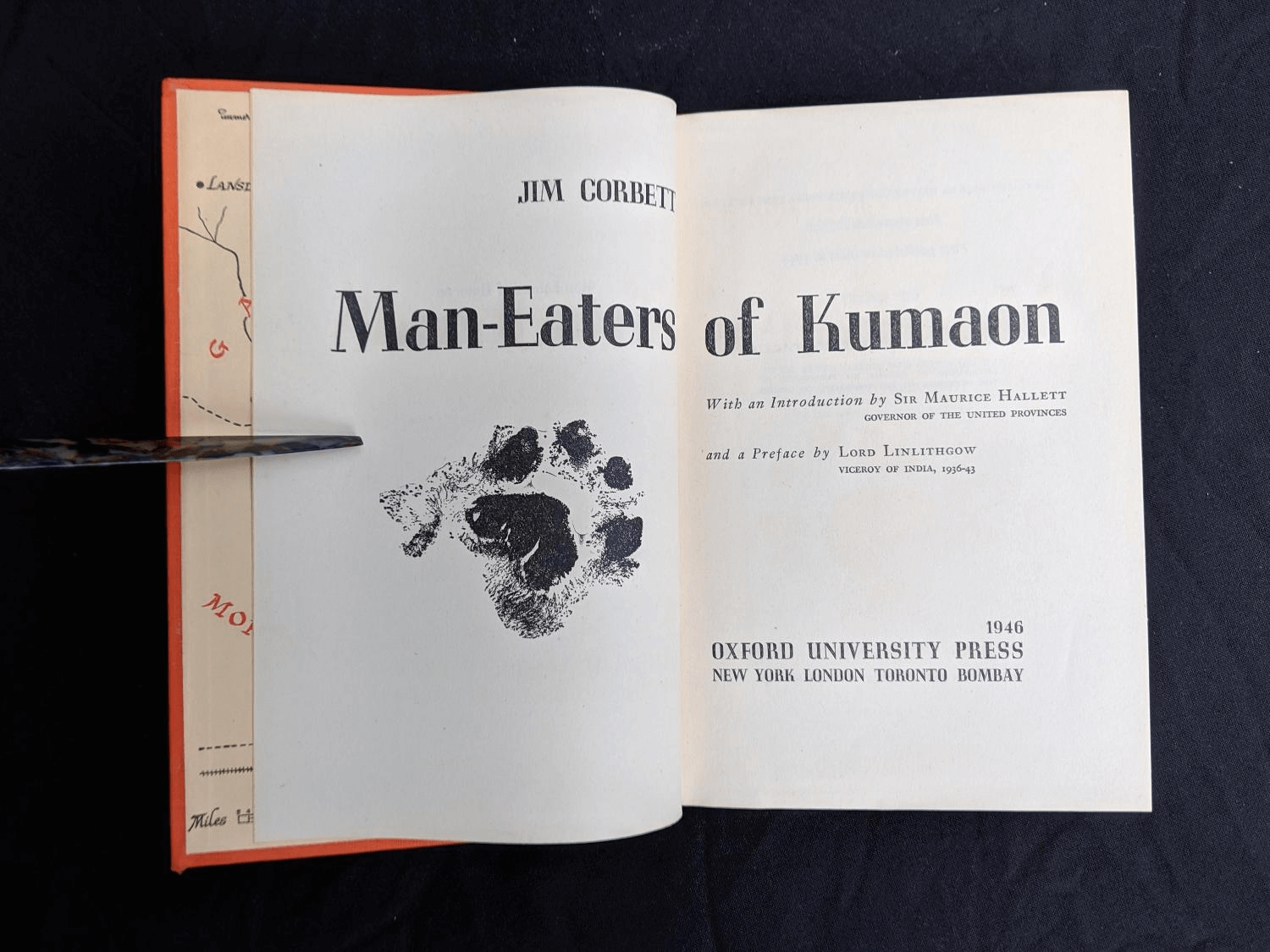)
)
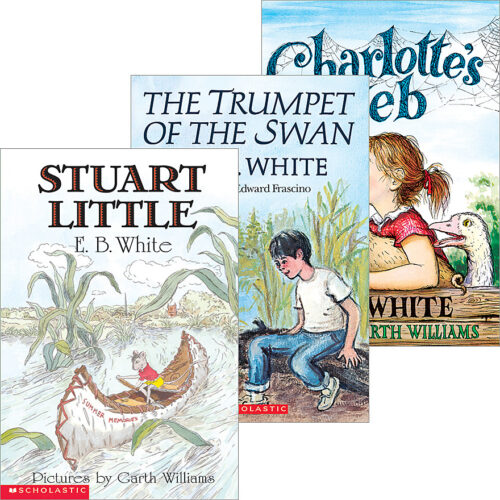)
)
)
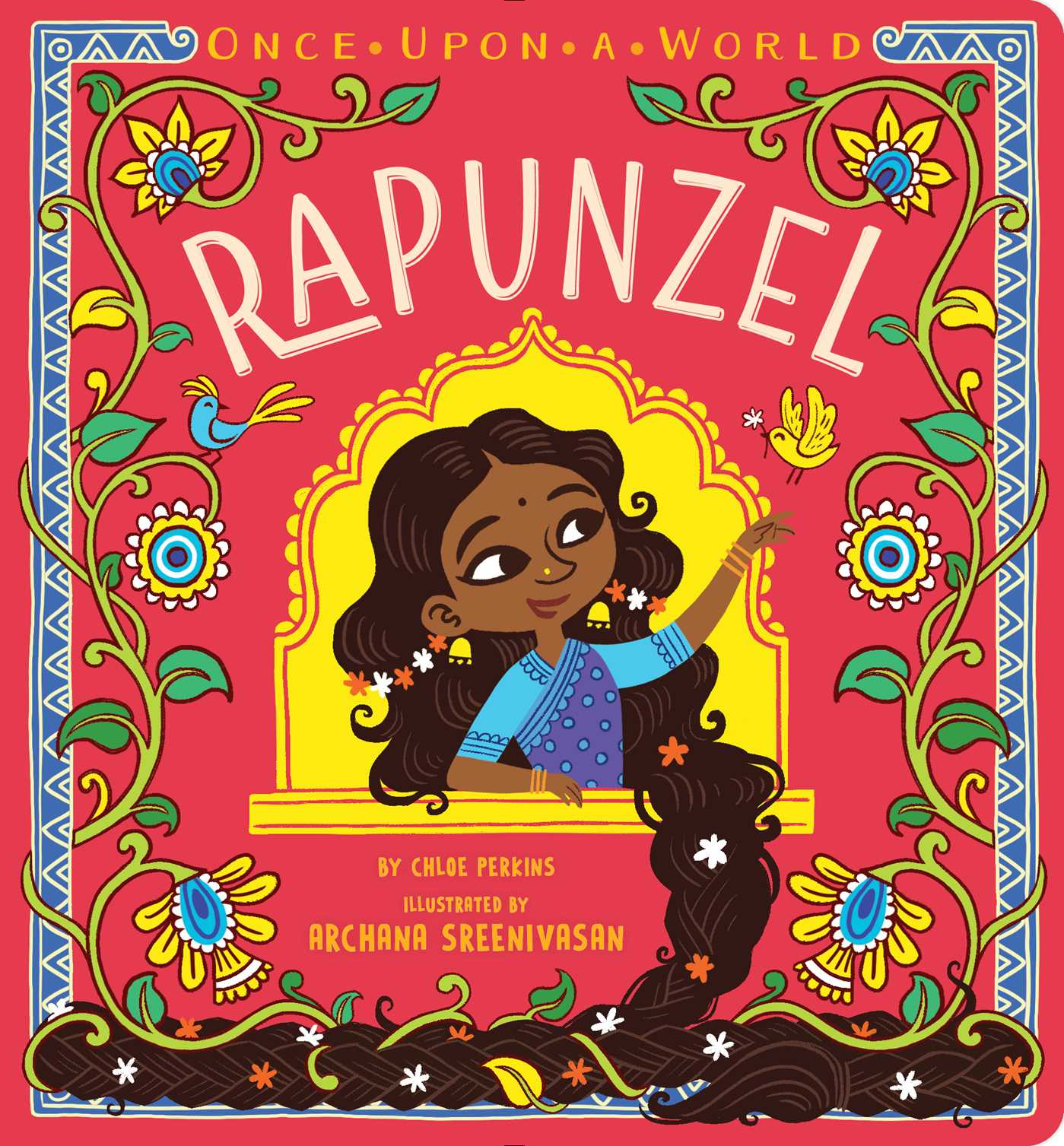)
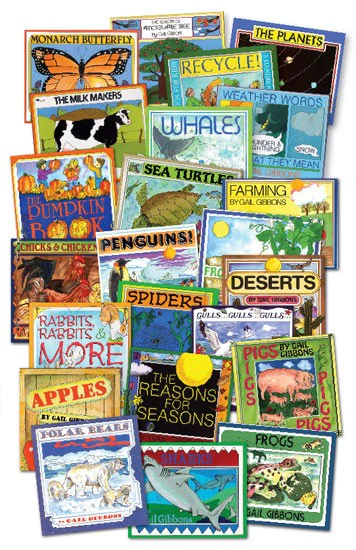)
)
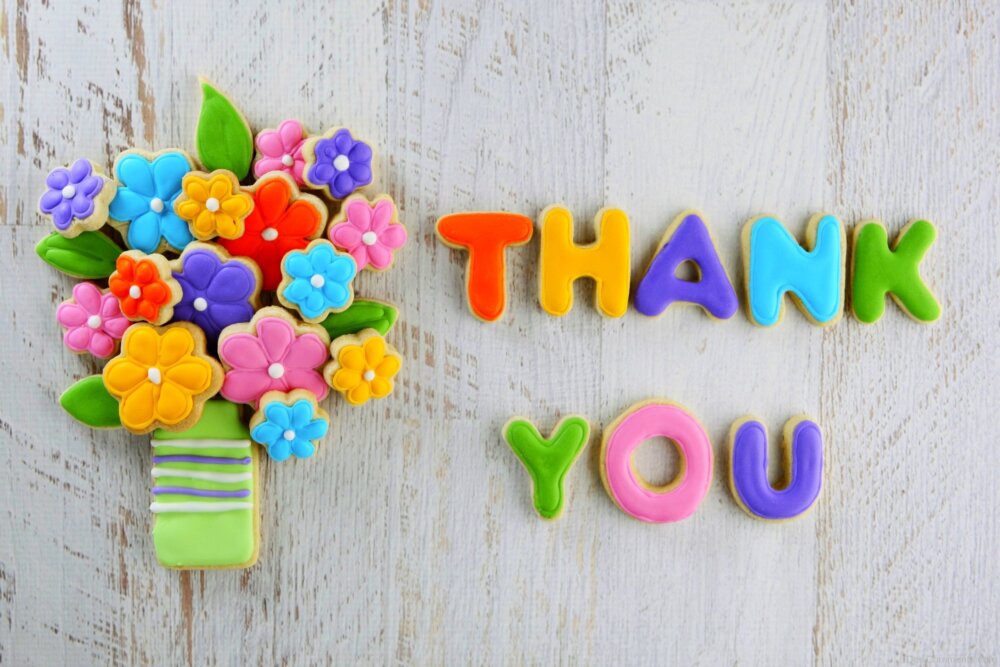)